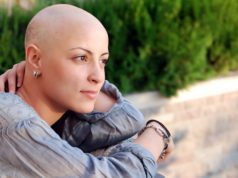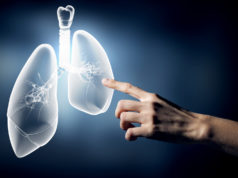A new blood test could detect breast cancer 5 years before symptoms arise, according to researchers from the University of Nottingham.
Autoantibodies are antibodies created by the body to attack antigens produced by the cancer cells. The study found that tumor-related antigens (TAAs) are signs of cancer, so they created TAA panels that are known to be related to breast cancer. This will allow them to detect whether or not autoantibodies against them exist in the samples.
Blood samples were taken from 90 patients who had been diagnosed with breast cancer and compared with samples from another 90 patients who do not suffer from the disease.
The research was presented at the 2019 NCRI Conference in Glasgow. One of the researchers, Daniyah Alfattan, said: “The results of our study showed that breast cancer does induce autoantibodies against panels of specific tumor-associated antigens. We were able to detect cancer with reasonable accuracy by identifying these autoantibodies in the blood.”
The research team found three panels of TAAs that they used to test for autoantibodies. One of the panels correctly identified breast cancer in 29% of the cancer patients. The other 84% did not have cancer. In the seven TAA panels, cancer was detected in 35% of the samples. 79% of the samples were without cancer. The panel of nine found 37% with cancer 70% without.
“These results are encouraging and indicate that it’s possible to detect a signal for early breast cancer. Once we have improved the accuracy of the test, then it opens the possibility of using a simple blood test to improve early detection of the disease,- said Alfattani.
Samples from 800 patients are being checked against a panel of nine TAAs. With these larger numbers, they expect the test’s accuracy to increase.
“A blood test for early breast cancer detection would be cost-effective, which would be of particular value in low and middle income countries. It would also be an easier screening method to implement compared to current methods, such as mammography,” continued Alfattani.




























